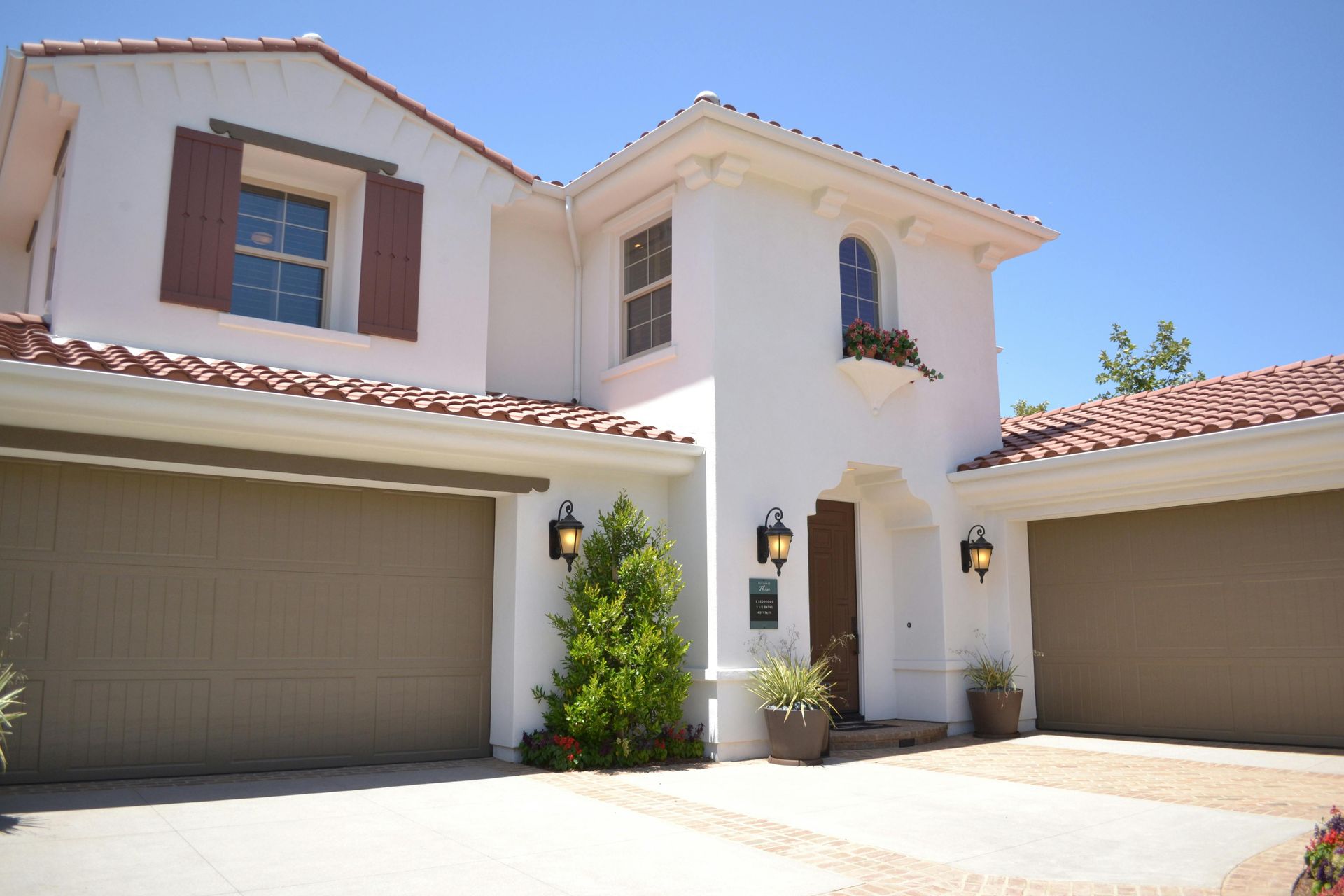Properties Sold
500+
Have you ever felt uncertain about how much you can legally collect or return when it comes to security deposits in California? Many rental property owners face this challenge, especially when residents move out and questions arise about deductions, timelines, and compliance.
California’s security deposit laws are designed to protect both landlords and residents, but they can feel overwhelming if you are not fully familiar with the details. That is where clarity becomes essential. With the right understanding, you can protect your investment, maintain positive resident relationships, and avoid costly disputes. Mabry Management in California knows just how important these guidelines are for every property owner.
Understanding security deposit laws is essential for protecting your rental business. From setting limits to handling deductions and returns, these rules guide you in staying compliant while maintaining strong relationships with residents.
The law sets clear limits on how much a landlord can collect as a security deposit. For an unfurnished property, the maximum allowed is two months’ rent, while furnished properties allow up to three months’ rent. This helps prevent overcharging residents and creates fairness in agreements. Keeping everything consistent also keeps you in-line with the
fair housing laws.

Understanding these limits protects landlords from legal disputes and ensures compliance. It also gives clarity when setting up rental terms with new residents. By following this guideline, you can confidently collect deposits without risking claims of violating the law.
Landlords often worry about additional costs if a resident has pets, which makes pet deposits a common consideration. While you can require one, California landlord-tenant law states it must still be counted within the overall maximum security deposit allowed.
This means you cannot charge more than the total cap, even if pets are included. Knowing this condition helps landlords prepare for potential pet-related damages while staying within legal requirements. It keeps the deposit policy consistent, simple, and compliant.
A security deposit is not extra income for landlords but a safeguard for specific circumstances. You may use it to cover unpaid rent, cleaning costs, or damages caused by residents that go beyond normal wear and tear.
The deposit can also cover the replacement of lost keys or furniture provided with the rental. By keeping uses strictly limited to these areas, landlords protect themselves while maintaining trust with residents. It ensures transparency and minimizes disputes after move-out.
When residents move out, landlords must provide a written breakdown of any deductions taken from the deposit. This list should clearly explain what costs were deducted and why, giving residents a fair record of the charges, even if the
tenant is evicted.

Providing itemized details not only complies with legal requirements but also builds credibility. It shows that you are fair and transparent about expenses. When handled correctly, this step helps avoid conflicts and reassures residents that their deposit was managed responsibly.
Once a resident moves out, you must deliver an itemized statement and return any remaining security deposit within 21 calendar days, mailed or personally delivered to the address the resident provided or to the vacated unit. Document the mailing method and date for your records.
If invoices are not yet available, you may include a good-faith estimate, but you must supply receipts, invoices, and photos when ready. Complete any missing documentation within 14 days to avoid penalties for bad-faith retention.
When you deduct for repairs or property cleaning, include copies of bills, invoices, or receipts with the itemized statement, unless the total deductions for repairs and cleaning are $125 or less. Keep originals for your records.
If you or an employee did the work, describe the tasks, hours, and a reasonable hourly rate. If a contractor did the work, attach their bill, vendor contact details, and photos when applicable. Respond to resident requests for documentation within 14 days.
Under state law, you are not required to pay interest on security deposits, so most California landlords do not accrue interest for residents. Local rules vary, so verify with your city rent board. Examples include Berkeley, San Francisco, and Los Angeles, where local law applies.

If your unit falls under a local ordinance, you must calculate accrued interest, choose whether to credit it against rent or pay it out, and include any unpaid interest when returning the deposit. Keep clear records and follow local timelines.
State law requires you to offer an initial inspection no earlier than two weeks before a resident moves out, and you must notify them in writing of this option. The purpose is to identify problems residents can fix to avoid deposit deductions.
If the property inspection occurs, provide an itemized statement in person or leave it inside the unit. Give at least 48 hours' notice unless waived, and document issues with photos and concise notes. Allowing residents to remedy problems reduces disputes and paperwork.
Navigating California’s security deposit laws can feel overwhelming, but with the right guidance, you can safeguard your property and avoid costly mistakes. Mabry Management in California is here to help landlords like you understand the details, stay compliant, and handle deposits with confidence.
From setting fair amounts to managing deductions and returns, their expertise ensures you remain on the right side of the law. Reach out to Mabry Management today to discuss your options and discover what works best for your rental property.
Disclaimer: This article is intended for informational purposes only and should not be considered legal advice. For guidance specific to your situation, consult with a qualified attorney or legal professional.

Properties Sold
500+

Doors Under Management
400+

Average Days on Market
21

Rent Paid on Time
99%
Get your free rental pricing analysis today.

info@mabrymgmt.com
15901 Hawthorne Boulevard Suite #270
Lawndale, CA, 90260
DRE# 00441897